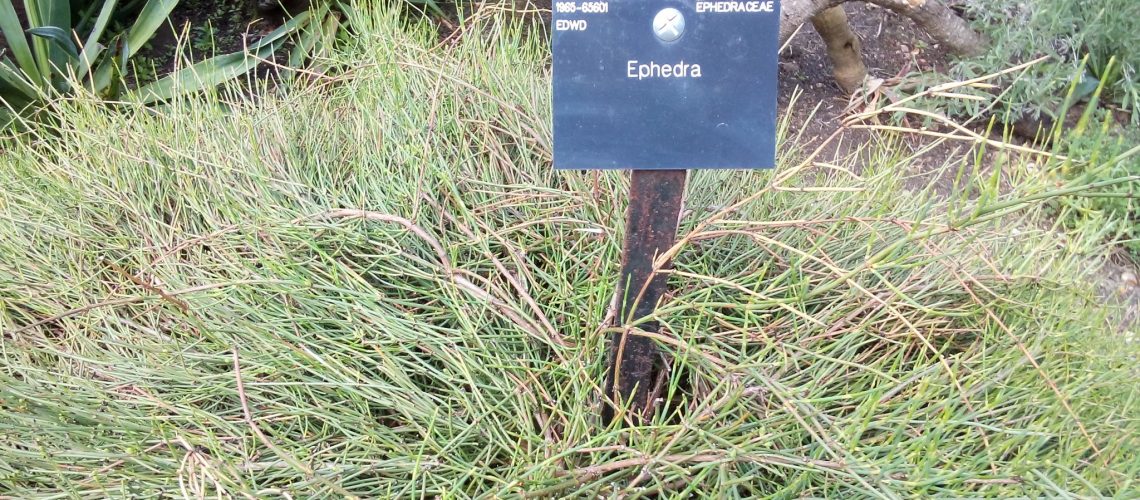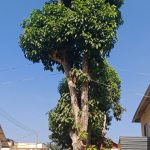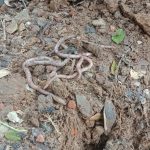FOSSILS AND FOSSILISATION
Introduction
- The word “Fossil” is derived from the Latin word ‘fotlere’ which means “to dig”.
- Fossils are petrified remains of ancient plants and animals that had once inhabited the earth.
- Fossils are present at different strata in the earth’s crust
- They are obtained when the earth is dug out for mining or other purposes
- The ancient climatic conditions and geological processes have caused these dead organisms to be preserved among the rocks in mineral form.
- It is very rare to find fossils with biological material preserved in them except in cases like amber where the preserved part is encapsulated in resin
- Based on the conditions prevailing at the time of death of the organism its remains are preserved in partial or complete from with or without clarity of the tissues present in its body
- Hence fossil genera provide fragmented information and the whole plant body can be reconstructed only when all the organs are found
Nomenclature of Fossils
Fossils are not whole organisms but parts of their remains and so the Latin names given to fossils are grouped as Form Genera as they do not represent the whole plant body. Hence the concept of species is not applicable to fossil genera except in cases where a complete reconstruction has been possible (example Williamsonia sewardiana)
Based on the part preserved the form genus is given a suffix that indicates the organ that has been named. Some of the common suffixes used are as follows:
- -dendron –stem – example Lepidodendron
- -xylon – wood –example Asteroxylon
- -phyllum – leaf –example Lepidophyllum
- -pteris – frond –example Lyginopteris
- -carpon /spermum/carpus /stoma – seed -example –Lepidocarpon –Pterigospermum- Lagenostoma -Sterocarpus
- -stachya/stachys / strobus – cone –example Calamostachys- Lepidostrobus
- -theca –microsporangia –example Polytheca
The Process of fossilization
The process of fossil formation is called Taphonomy and the branch of biology that deals with the study of fossil plants is called Paleobotany. The formation of a fossil is dependent on a number of factors and the principle by which the fossilization occurs. There are several theories that explain the process of fossilization. Most important among these are :
- Replacement theory: which postulates that when a plant dies and reaches the soil its body while undergoing decay undergoes cell by cell replacement of the organic matter by mineral matter due to weathering and sedimentation. Mostly petrifactions come under this method of fossilization
- Infiltration theory: This theory holds that when the plant dies and is getting decayed there is infiltration of minerals through the cell wall into the cell lumen. These are precipitated as mineral deposits due to reaction of minerals with free carbon released from the decomposing tissues. Hence the plant body is preserved mostly partially as it depends on how fast the organic matter of the plant undergoes disintegration. Casts and molds and sometimes incrustations come under this type
Factors affecting fossilization
Fossilisation is affected by a number of factors and these determine the type of fossil and the details that may be preserved that may be helpful in identifying the plant body. These factors include
- Nature of plant material : Depending on whether the plant material is thin, thick or hard the fossilization process is determined. Thin walled organs or unicellular froms are not ideal for preservation as these will disintegrate even before preservation starts with the exception of Diatoms that possess a silicified wall. Again thickwalled materials such as stems, seeds and wood that resist decay are well preserved as petrifactions
- Intensity of the disintegration: Depending on how slow disintegration of plant tissues takes so well will it get preserved. If the place is made up of shale or other easily dissolving minerals and if tissue is hard then preservation will be complete. If the climate is cold and icy it will favour fossilization.
- Duration of the disintegrating forces: If the disintegration is prevented or the halted in some way due to depositon of rock material or onset or harsh winters then fossilization is favoured .











